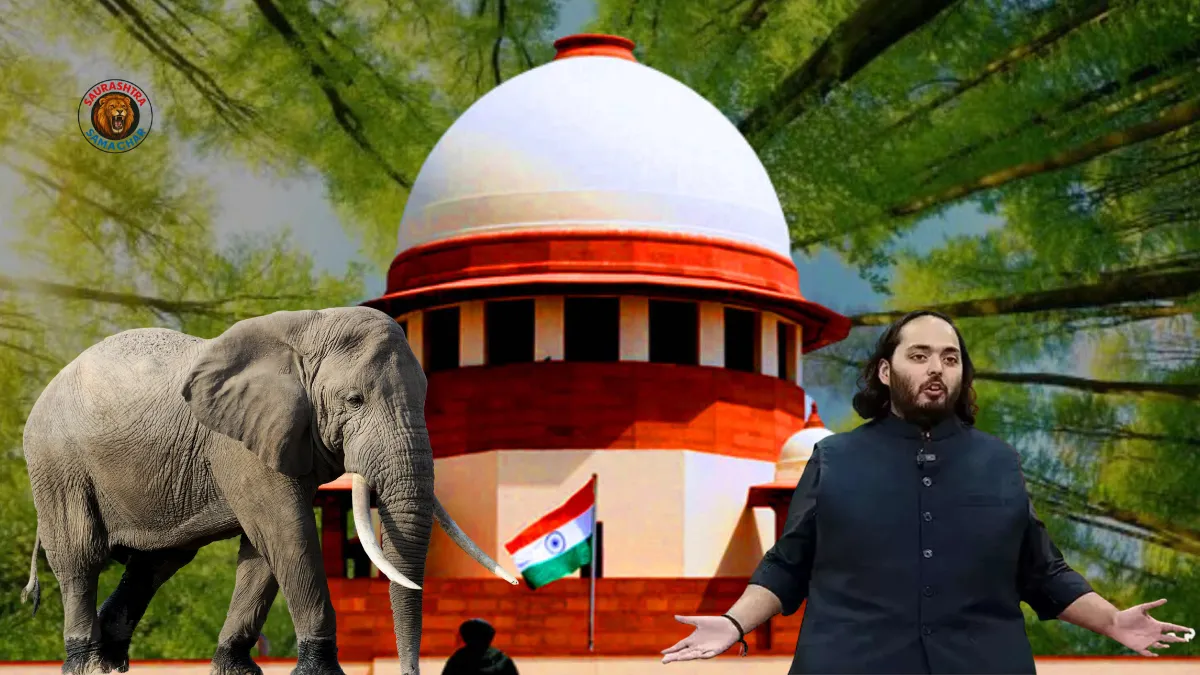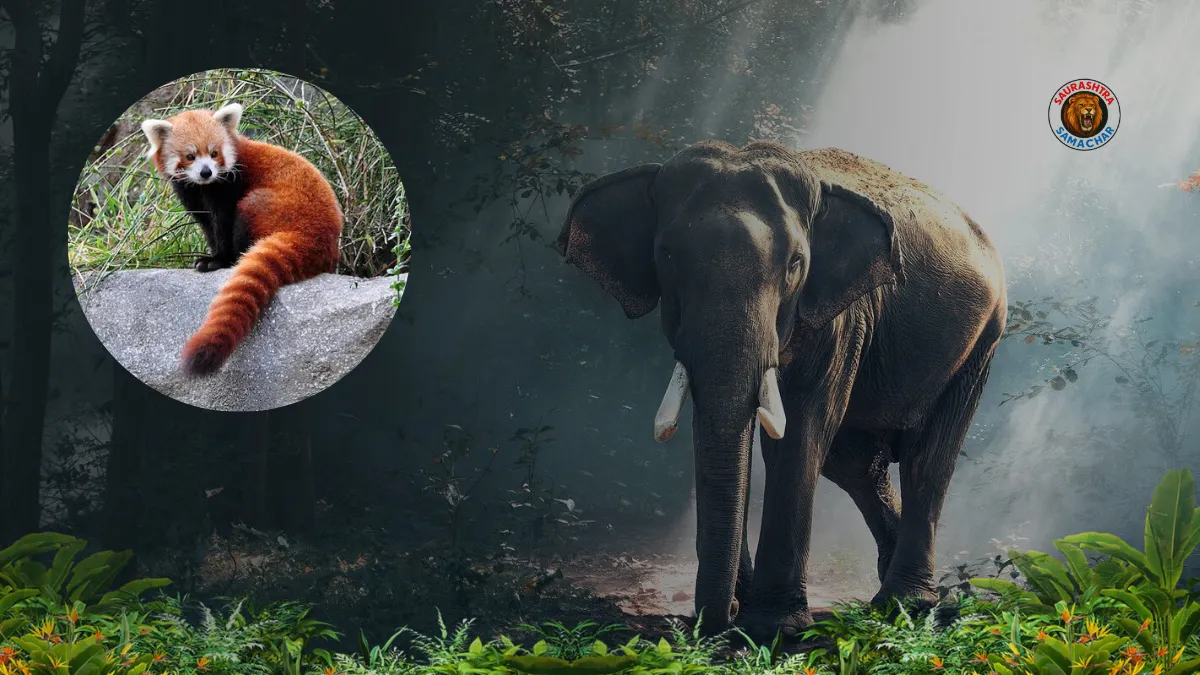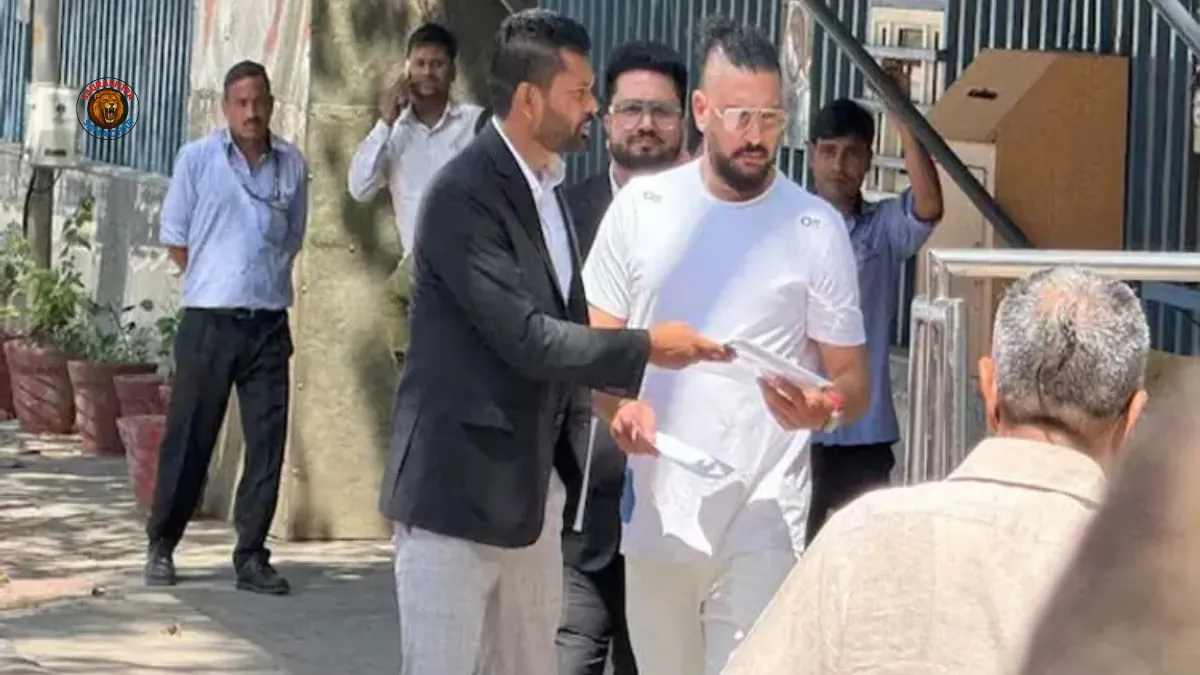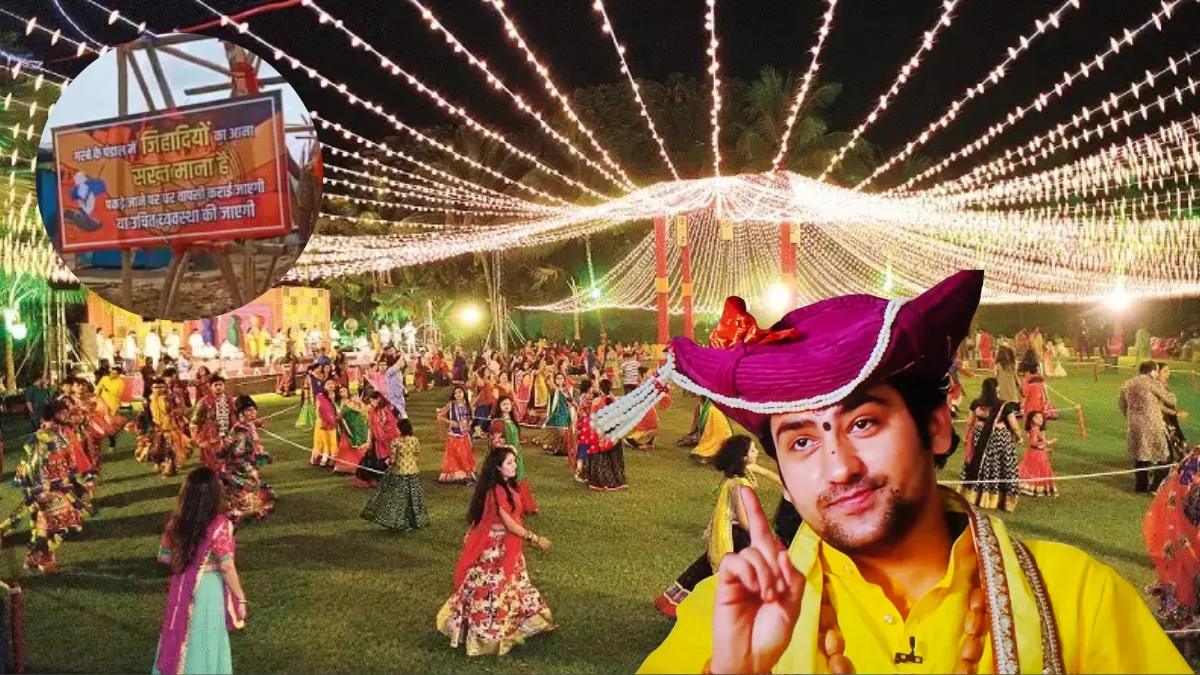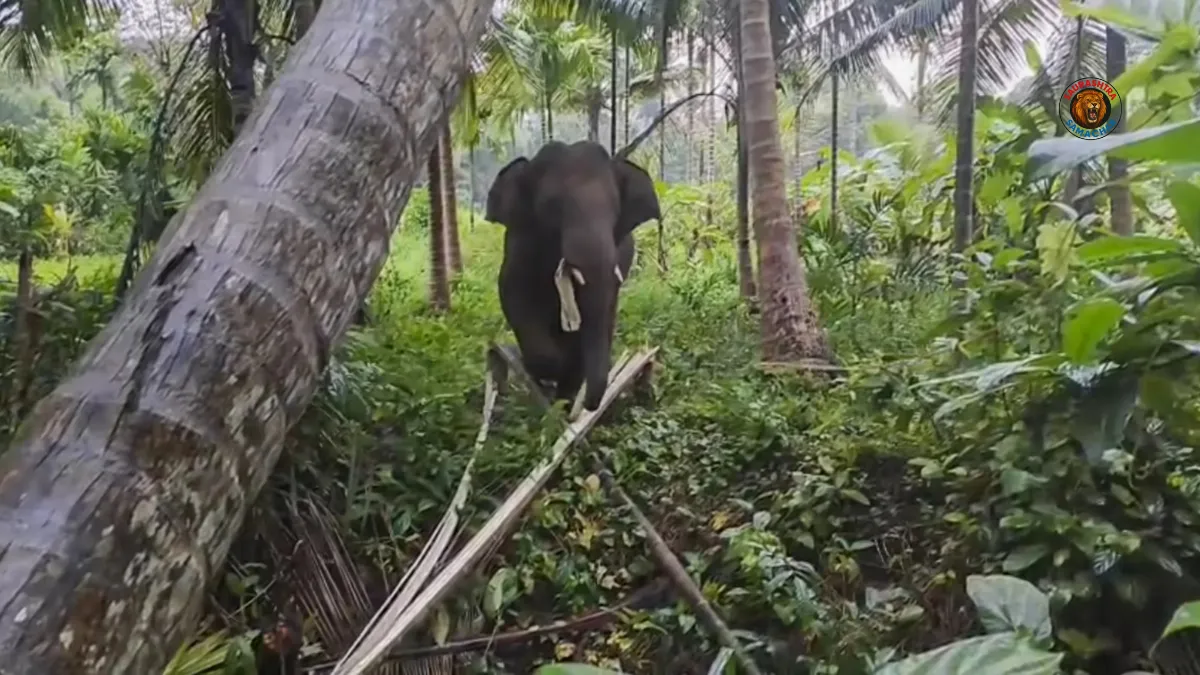Vantara allegations – The Supreme Court of India has ordered a fact-finding inquiry into serious complaints regarding Vantara, the wildlife rescue and rehabilitation centre established by Reliance Foundation in Jamnagar, Gujarat. The court has set up a Special Investigation Team (SIT), headed by former Supreme Court judge Justice J. Chelameswar, to examine issues of animal acquisition, compliance with wildlife protection laws, and financial transparency.
This move comes after two Public Interest Litigations (PILs) highlighted concerns about Vantara’s functioning, particularly in the case of Mahadevi, an elephant shifted from a Kolhapur temple to the Jamnagar facility in July.
What Triggered the Inquiry into Vantara Allegations?
The Vantara allegations surfaced through petitions filed by lawyer C. R. Jaya Sukin and another petitioner, Dev Sharma. These petitions cited media reports, social media posts, and NGO complaints suggesting irregularities in the way Vantara acquires and manages animals.
Although the court observed that the petitions lacked concrete evidence, the seriousness and wide scope of the allegations compelled it to order an independent investigation.
Members of the SIT Probing Vantara Allegations
The Special Investigation Team is a high-powered panel bringing together legal and enforcement expertise. It includes:
- Justice J. Chelameswar – Former Supreme Court Judge, Chairperson of SIT
- Justice Raghavendra Chauhan – Former Chief Justice of Uttarakhand & Telangana High Courts
- Hemant Nagrale – Former Mumbai Police Commissioner
- Anish Gupta – Additional Commissioner, Customs
The SIT has been instructed to begin work immediately and submit its report by September 12.
Key Focus Areas of the SIT
The Supreme Court has given the SIT a wide mandate to verify the Vantara allegations. Some of the important issues under scrutiny are:
- Animal Acquisition and Transfers
- Import and export of animals, especially elephants.
- Compliance with the Wildlife (Protection) Act, 1972.
- Adherence to zoo regulations.
- International Laws and Conventions
- Observance of CITES (Convention on International Trade in Endangered Species).
- Legality of international wildlife transfers.
- Animal Welfare Standards
- Veterinary care and animal husbandry practices.
- Mortality rates and causes of deaths.
- Living conditions in Vantara, especially given Jamnagar’s climate and industrial setting.
- Environmental and Conservation Aspects
- Allegations of building a private vanity collection.
- Breeding and biodiversity resource usage.
- Possible misuse of water and carbon credits.
- Financial and Legal Irregularities
- Alleged money laundering and financial non-compliance.
- Reports of wildlife smuggling or illegal trade in animals.
- Breaches of multiple statutory provisions.
Court’s Neutral Stand on Vantara Allegations
The Supreme Court was careful in clarifying that the formation of the SIT does not mean the court accepts the Vantara allegations as true. The bench of Justices Pankaj Mithal and P. B. Varale noted that the petitions were based “exclusively” on media stories, NGO reports, and unverified claims, without probative evidence.
Ordinarily, the court said, such petitions could be dismissed outright. However, since the allegations involve not only Vantara but also regulatory institutions like the Central Zoo Authority and international conventions like CITES, an independent fact-finding exercise was deemed necessary.
Physical Inspection of Vantara
The SIT has been directed to conduct a physical verification and inspection of the Vantara facility in Jamnagar. The Gujarat Forest Department has been asked to provide complete cooperation to the team during its investigation.
This inspection will help the SIT assess ground realities such as the condition of animals, quality of veterinary care, and overall compliance with wildlife protection standards.
Why the Vantara Allegations Are Significant
The inquiry is important for several reasons:
- Elephant Transfers: Elephants are not only endangered species but also carry deep cultural and religious significance in India. Their movement to private or semi-private centres often creates public debate.
- Private Conservation Models: Globally, questions are raised about whether private wildlife projects are genuine conservation efforts or simply personal collections.
- Transparency and Accountability: The case will likely influence how India monitors wildlife facilities run by private organizations, especially when linked to powerful industrial groups.
Also read: Gujarat Forest Department and Vantara Reintroduce Spotted Deer to Barda Wildlife Sanctuary
Possible Outcomes of the SIT Report
When the SIT submits its report by September 12, a few scenarios may arise:
- If no violations are found, Vantara may be seen as a credible and transparent conservation initiative.
- If irregularities are proven, the court may direct penalties, stricter monitoring, or even structural changes in how such facilities operate.
- The report could also lead to new wildlife policies governing the acquisition, transfer, and welfare of endangered species in India.
Also read: Vantara to Develop Elephant Rehabilitation Facility at Nandani
The Bigger Picture
The Vantara allegations highlight the fine balance between conservation efforts and strict legal frameworks. While Vantara claims to focus on rescue and rehabilitation, critics fear it may operate as a vanity project.
By ordering an independent inquiry, the Supreme Court has ensured that facts—not speculation—will decide the case. This investigation may also set a precedent for how wildlife centres in India are regulated in the future.
Also read: Vantara Animal Rescue Team: Giving Hope and Healing to Wildlife in India
Conclusion
The Supreme Court’s decision to form an SIT to examine Vantara allegations marks a turning point in India’s approach to wildlife conservation oversight. The inquiry is not a judgment but a step towards transparency, accountability, and fact-based conclusions.
Whether Vantara emerges vindicated or faces corrective action, the case underscores the importance of safeguarding India’s rich wildlife heritage with fairness, legality, and responsibility.
